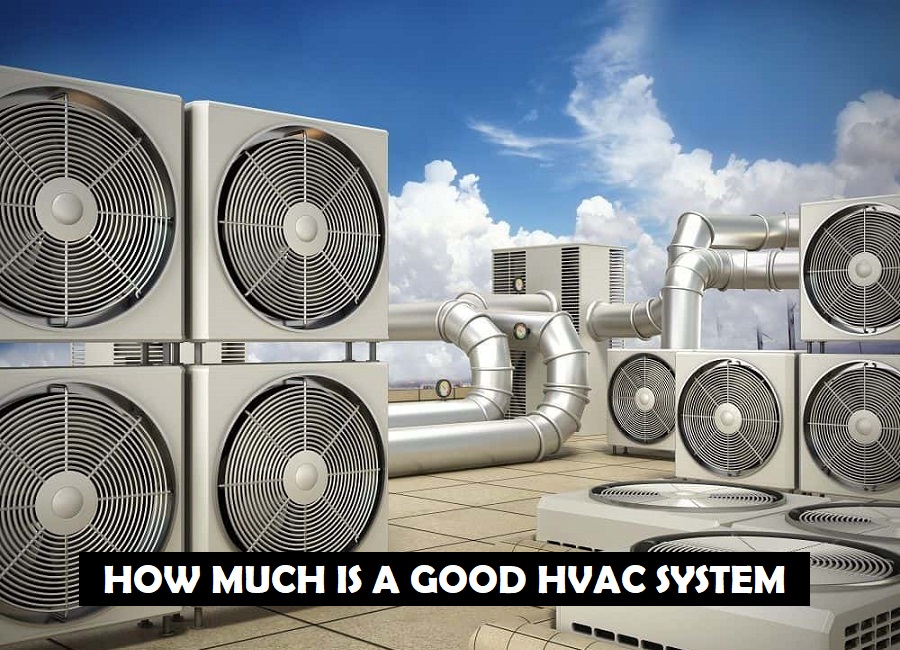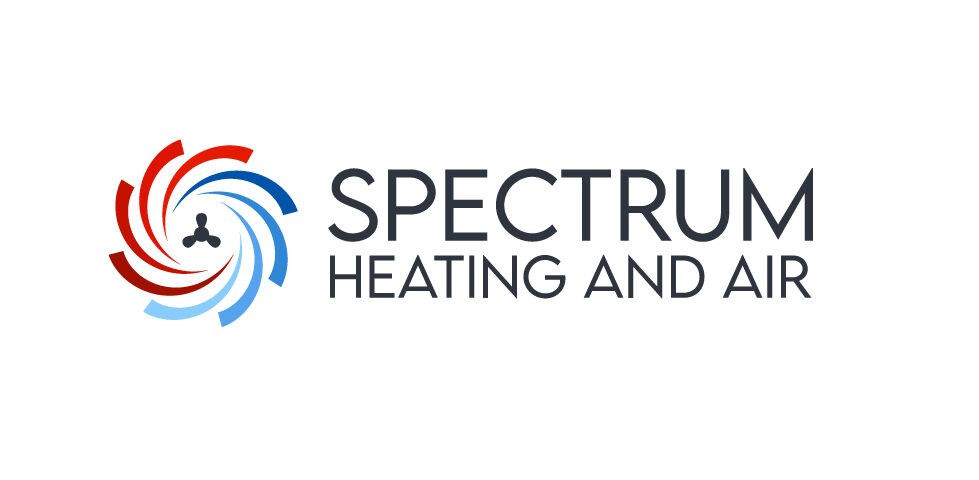As the seasons change, maintaining a comfortable indoor environment becomes a top priority for many homeowners and business owners. One crucial component that plays a significant role in achieving this comfort is the HVAC system. However, investing in a good HVAC system involves various considerations, and the cost is a critical factor. In this article, we will explore how much a good HVAC system costs and why it’s worth investing in a high-quality system.

Factors Influencing HVAC System Costs
When determining the cost of a good HVAC system, several factors come into play.
Size and capacity
The size of the HVAC system is crucial in ensuring it can effectively heat or cool the intended space. A system that is too small may struggle to meet the demands, while one that is too large can lead to inefficiencies and increased energy consumption.
Energy efficiency ratings
Investing in an energy-efficient HVAC system may have a higher upfront cost, but it can lead to significant long-term savings on energy bills. Systems with higher SEER (Seasonal Energy Efficiency Ratio) and AFUE (Annual Fuel Utilization Efficiency) ratings are generally more expensive but offer better energy performance.
Brand and quality
Well-known and reputable HVAC brands often come with a premium price tag, but they also tend to offer better reliability and performance. Choosing a trusted brand can provide peace of mind and potentially reduce maintenance costs.
Additional features
Some HVAC systems come with advanced features such as smart thermostats, variable-speed motors, and zoning capabilities. These added features can enhance comfort and control, but they also contribute to the overall cost.
The Importance of a Quality HVAC System
Energy efficiency and cost savings
Investing in a good HVAC system with high energy efficiency ratings can lead to substantial cost savings over time. The reduced energy consumption not only benefits the environment but also keeps utility bills in check.
Indoor air quality
A high-quality HVAC system plays a crucial role in maintaining indoor air quality. Proper ventilation and filtration can help reduce pollutants, allergens, and humidity levels, promoting a healthier living or working environment.
Environmental impact
Energy-efficient HVAC systems have a lower carbon footprint, contributing to environmental sustainability. By reducing greenhouse gas emissions, these systems support efforts to combat climate change.
Average Costs of HVAC Systems
The cost of an HVAC system can vary significantly based on several factors, including the size of the property, the type of system chosen, and any additional features desired.
Residential HVAC systems
For residential properties, the cost of a good HVAC system can range from $3,000 to $10,000 or more. High-end systems or large properties may have even higher costs.
Commercial HVAC systems
Commercial HVAC systems are typically larger and more complex than residential ones, leading to higher costs. The price for a commercial system can range from $10,000 to $100,000 or more, depending on the size and complexity of the installation.
Factors affecting installation costs
In addition to the HVAC system itself, the cost of installation should be considered. Factors such as local labor rates, ductwork modifications, and the need for permits can influence the overall installation cost.
Choosing the Right HVAC System for Your Needs
Selecting the most suitable HVAC system for your needs involves careful consideration of several factors.
Assessing your property
An HVAC professional can perform a thorough assessment of your property to determine the right system size and capacity. Proper sizing is crucial for optimal performance and energy efficiency.
Consulting with HVAC professionals
Seeking advice from experienced HVAC professionals can help you understand the available options and make an informed decision. They can guide you in choosing the best system based on your budget and specific requirements.
Budget considerations
While it’s essential to invest in a quality HVAC system, it’s also important to consider your budget constraints. HVAC professionals can help you find a system that strikes a balance between performance and cost.
Financing Options for HVAC Systems
Upfront payment
Purchasing a new HVAC system outright is a straightforward option if you have the financial means to do so. It eliminates the need for ongoing monthly payments and allows you to start reaping the benefits immediately.
HVAC financing programs
Many HVAC manufacturers and service providers offer financing programs that allow you to pay for the system over time. These programs often come with competitive interest rates and flexible repayment terms.
Leasing options
Leasing an HVAC system is another option that allows you to enjoy the benefits of a new system without a significant upfront cost. However, it’s essential to consider the terms and conditions of the lease before committing.
Maintaining Your HVAC System for Longevity
Regular maintenance tasks
To ensure your HVAC system operates at its best, regular maintenance is essential. Tasks such as changing air filters, cleaning coils, and inspecting ductwork should be performed periodically.
Importance of professional inspections
Hiring a professional HVAC technician for regular inspections can help identify potential issues early on and prevent costly breakdowns. Regular maintenance can also extend the lifespan of your HVAC system.
Troubleshooting common issues
Knowing how to troubleshoot common HVAC issues can save you time and money. Simple tasks like checking the thermostat settings or ensuring proper airflow can sometimes resolve minor problems.
Upgrading Your HVAC System
Signs that it’s time for an upgrade
As HVAC systems age, their performance may decline, leading to inefficiencies and increased operating costs. If you notice frequent breakdowns or rising energy bills, it may be time to consider an upgrade.
Energy-efficient upgrades
Upgrading individual components, such as installing a smart thermostat or upgrading to a variable-speed motor, can enhance the energy efficiency of your existing HVAC system.
Replacing individual components vs. the entire system
In some cases, replacing individual components may be sufficient to improve the overall performance of the HVAC system. However, older systems with major issues may benefit more from a complete replacement.
Investing in a good HVAC system is essential for maintaining a comfortable and healthy indoor environment. While the cost of a high-quality system may be higher upfront, the long-term benefits in terms of energy savings, indoor air quality, and environmental impact make it a worthwhile investment. By carefully considering factors such as size, energy efficiency, and budget, you can choose an HVAC system that meets your needs and ensures year-round comfort.




